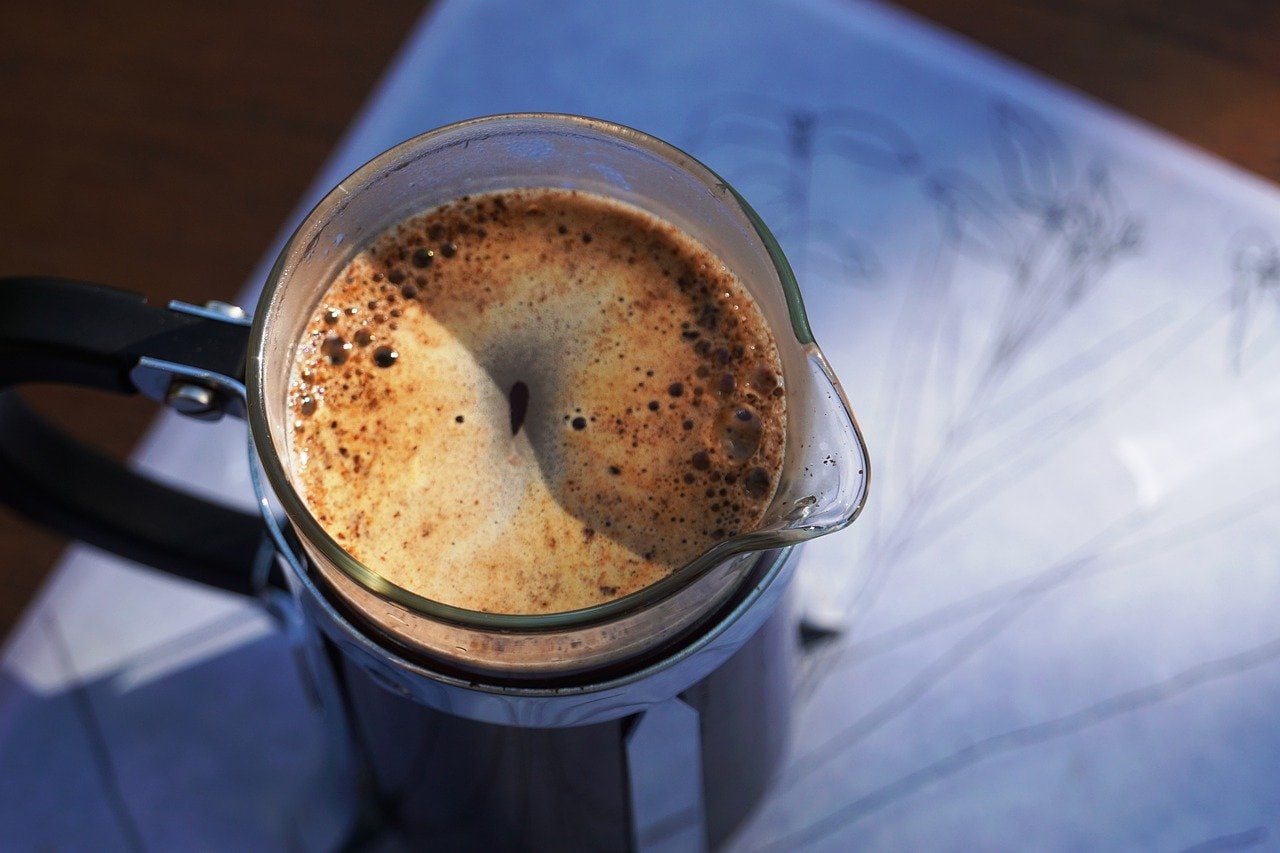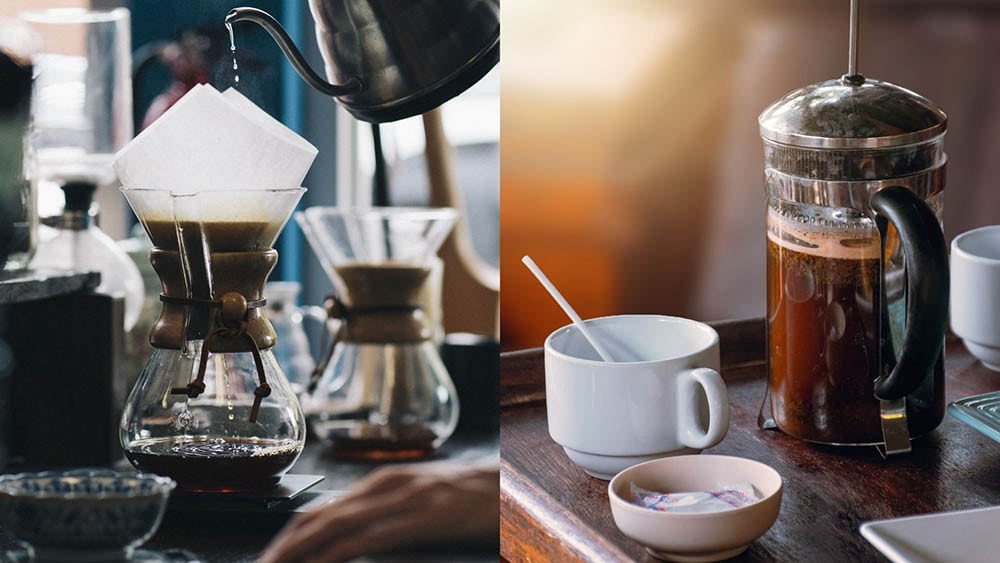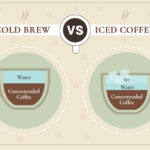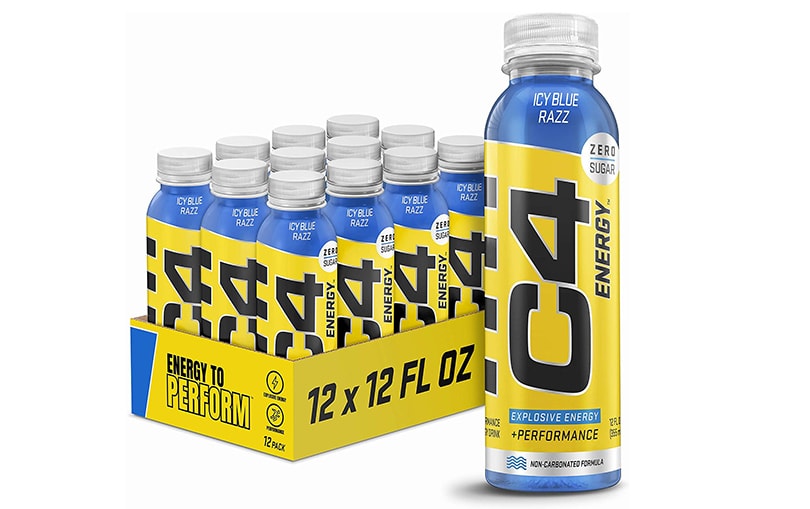
There are many ways to brew and make coffee, whether it’s boiling water on the stovetop or using the latest coffee pod machine. Not much thought goes behind the actual method besides flavor and strength, but rarely the thought about health. After all, coffee is coffee, right? Well, yes, but there are some caveats to certain brewing methods. While unfiltered coffee isn’t deadly, it can potentially cause issues for those who struggle with high cholesterol.
Filtered vs. Unfiltered Coffee
Since coffee brewing methods vary drastically, it can be confusing to know if your coffee is filtered or unfiltered. The short answer is: that if the final result of your coffee goes through a paper or cloth filter, then your coffee is filtered. However, things get a little confusing from here.
While almost every way of making coffee uses a filter, many methods use a filter that is made out of metal. That means any mesh or metal filter is still considered unfiltered coffee. Mesh metal filters keep the beans out of the final product, resulting in a stronger, oilier cup of coffee. Paper filters, however, absorb a lot of the oils and impurities, which gives a more acidic flavor.
In other words, coffee that passes a metal filter is unfiltered, and coffee that goes through a paper filter is filtered. This means a lot of coffee brewers and cooking methods are not truly filtered but simply pass through a mesh filter to prevent grounds from going into the coffee. We’ll get into why knowing the difference is important, but here is a quick list of brewing methods that are filtered or unfiltered.

- Pour Over
- Drip-Brew
- Cold Brew (with paper filter)
- Disposable K-Cups
- Disposable coffee pods
- French Press
- Turkish Coffee
- Reusable Mesh K-Cup Pods
- Percolator
- Espresso
- Moka Pot
- Cold Brew (French Press Method)
Health and Unfiltered Coffee
Although flavor and other coffee properties are stronger and more flavorful, unfiltered coffee could potentially impact your health. As we said earlier, when coffee passes through a paper filter, it absorbs most of the oils and impurities from the final result. However, things get unclear from here.
According to a Dutch study, there seems to be a correlation between unfiltered coffee and an increase in stroke or heart disease. Coffee contains chemical compounds that may raise your LDL cholesterol and triglyceride levels, which are more present in unfiltered coffee. However, they’re not sure if it’s actually due to the filter or from some other unknown factor. Regardless, they did find that unfiltered coffee raised the LDL count in the subjects who drank it.

Should I Still Drink Unfiltered Coffee?
Before throwing out your French Press, we recommend going to your doctor and talking about it. Your doctor can test your cholesterol and see if you need to make some changes. However, switching to filtered coffee may not really make a change if you only drink 1-2 cups of unfiltered coffee a day. It would take around 5 cups or more to see some changes, so it may not be impacting your health. Unless you have high cholesterol and you drink a lot of unfiltered coffee a day, you may not be at risk for any health issues due to it.
Featured Image Credit: Pixabay














